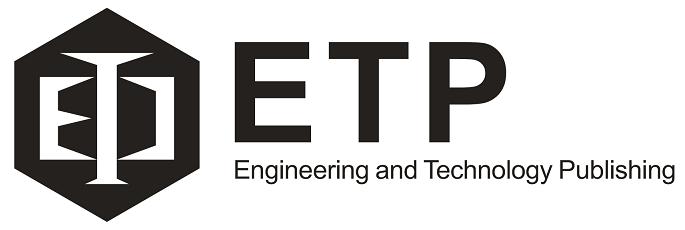IJPMBS 2024 Vol.13(4): 112-122
doi: 10.18178/ijpmbs.13.4.112-122
doi: 10.18178/ijpmbs.13.4.112-122
Gene-Induced Drug Repurposing for Gastric Adenocarcinoma by Machine Learning
Zhijian Mao
Rutgers Preparatory School, Somerset, NJ, USA
Email: williammao001@gmail.com
Email: williammao001@gmail.com
Manuscript received January 2, 2024; revised February 2, 2024; accepted April 11, 2024; published November 27, 2024.
Abstract—Gastric Cancer (GC) is one of the leading causes of cancer death worldwide. Drug repurposing plays a critical role in rapid drug discovery to resist the growth of tumor cells. In this project, we developed a computational drug repurposing pipeline (RepoGC) for gastric adenocarcinoma based on bulk-RNA transcriptomics profiles. With the gene expression profile of gastric cancer from the Gene Expression Omnibus (GEO), a total of 1004 differentially expressed genes were identified and used for the generation of potential drug targets. Over 10,000 drugs from DrugBank were used as drug candidates. The multi-omics networks, such as gene-gene interaction and gene-target interaction network, were constructed to discover the core genes and targets for repurposed drugs and assist drug ranking. We performed the drug-target interaction prediction by deep neural network to prioritize the repurposed drugs. Finally, a combined drug-target interaction score was generated to rank drug candidates. Among the top-ranked drugs, such as Ursolic acid, Geldanamycin, and Parthenolide, we explored their completed clinical trial evidence and studies in the field of gastric cancer to cross validate the drugs. The study presents an efficient computational method to integrate transcriptomics data for rapid drug repurposing. The project highlights the potential of RepoGC to identify new drugs for gastric adenocarcinoma.
Keywords—drug repurposing, machine learning, transcriptomics, gastric cancer
Cite: Zhijian Mao, "Gene-Induced Drug Repurposing for Gastric Adenocarcinoma by Machine Learning," International Journal of Pharma Medicine and Biological Sciences, Vol. 13, No. 4, pp. 112-122, 2024.
Copyright © 2024 by the authors. This is an open access article distributed under the Creative Commons Attribution License (CC BY-NC-ND 4.0), which permits use, distribution and reproduction in any medium, provided that the article is properly cited, the use is non-commercial and no modifications or adaptations are made.
